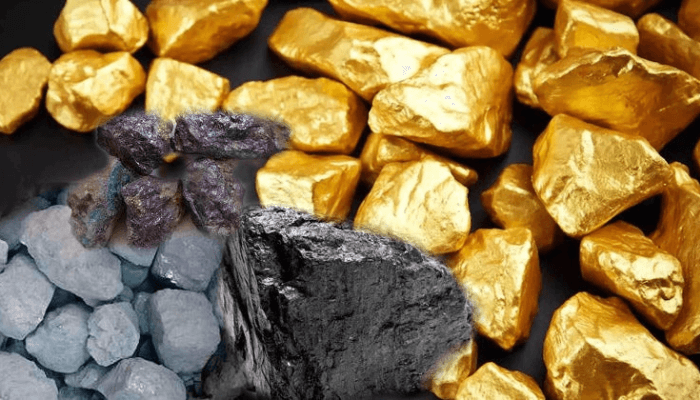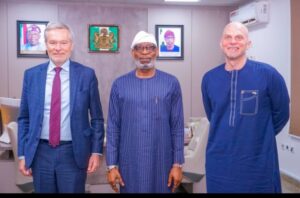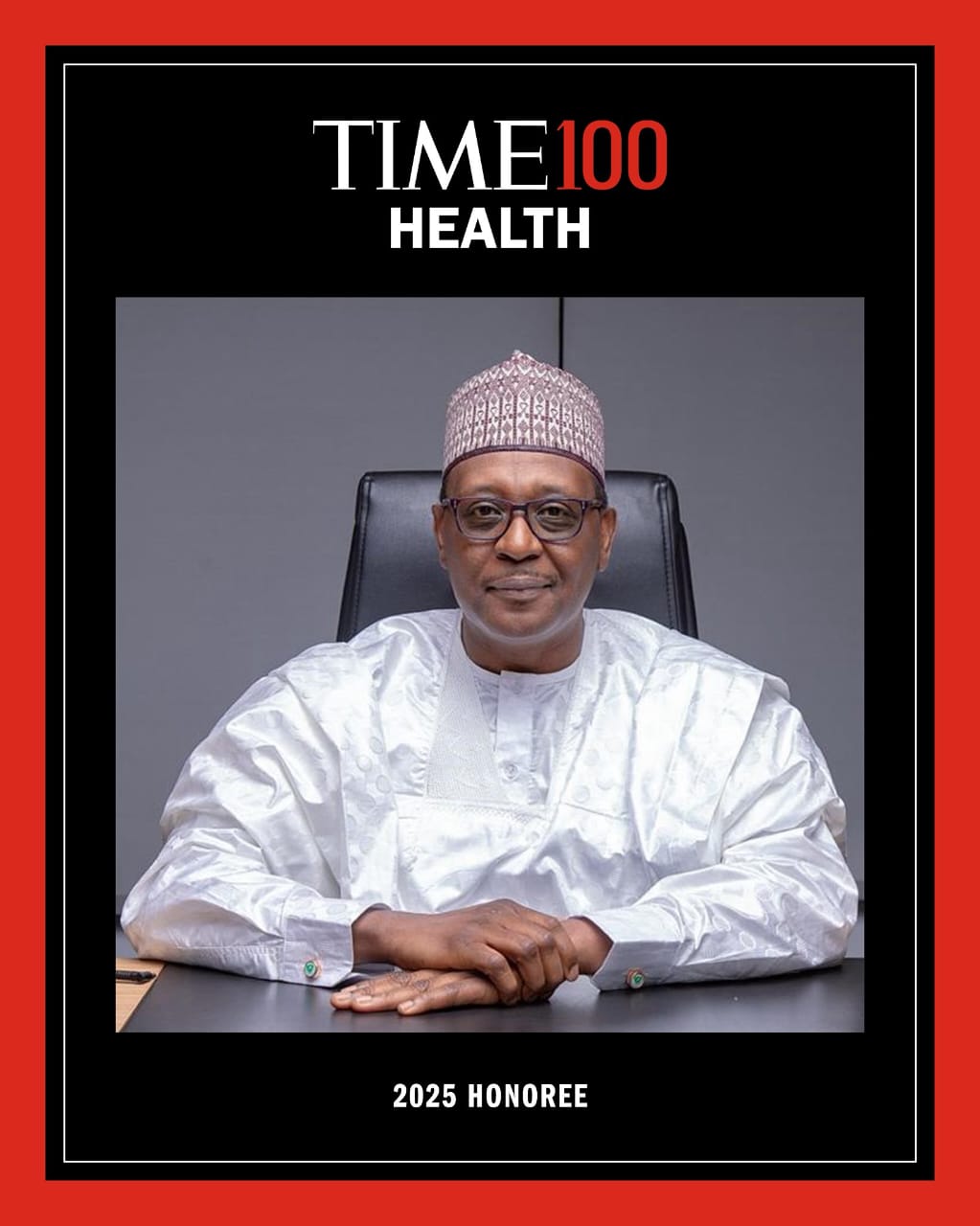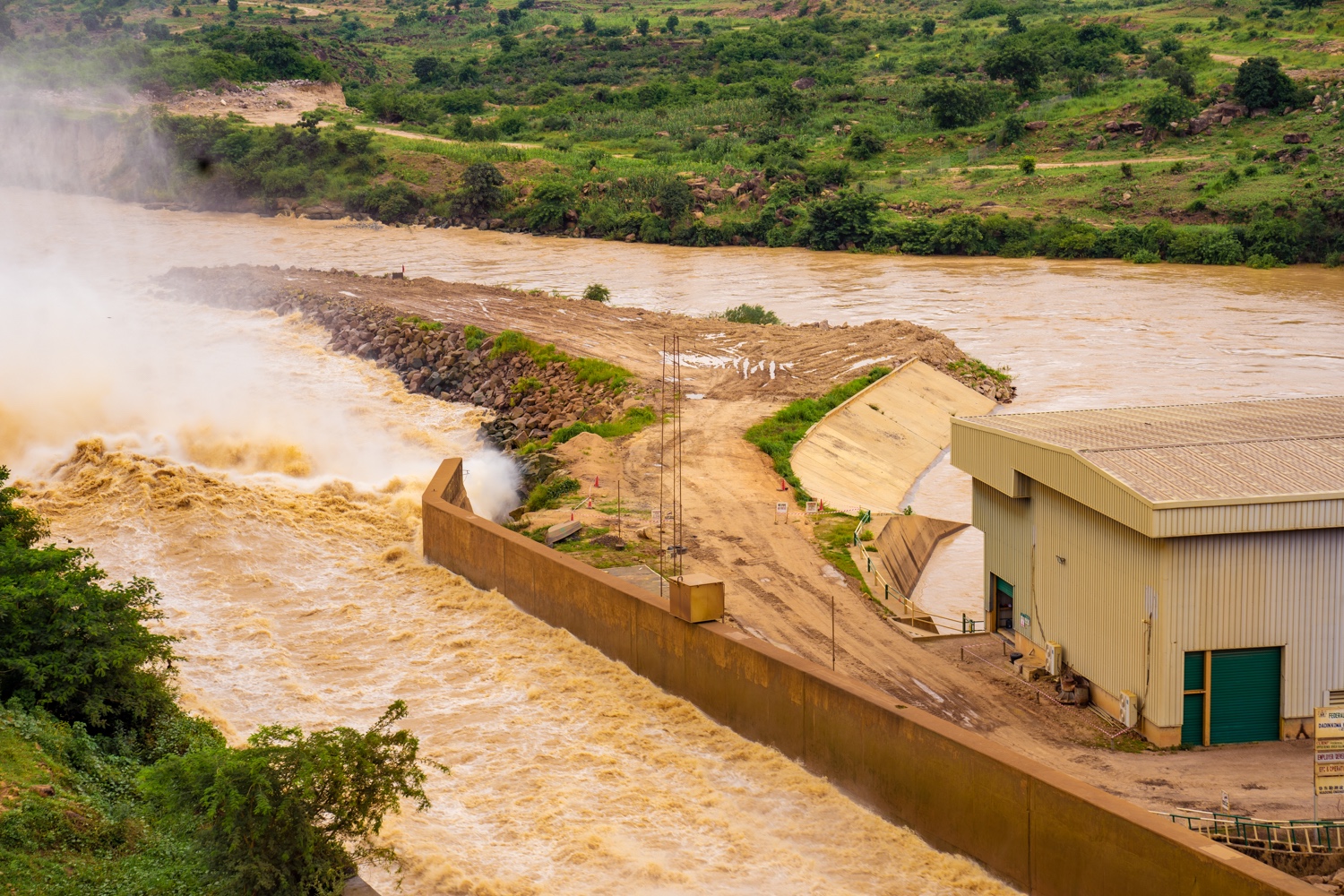EU Seeks Strategic Partnership with Nigeria to Unlock $700bn Solid Minerals Sector

By Fatima Saka
The Federal Government of Nigeria has received a strong expression of interest from the European Union (EU) to partner in the country’s rich solid minerals sector, as part of broader efforts to diversify trade and strengthen economic relations with Africa’s largest economy.
EU Ambassador to Nigeria and ECOWAS, Mr. Gautier Mignot, conveyed this commitment during a visit to the Minister of Solid Minerals Development, Dr. Dele Alake, in Abuja.

Ambassador Mignot emphasized the EU’s desire to gain deeper insights into Nigeria’s mining landscape, with the aim of facilitating strategic collaborations between European investors and the Nigerian government.
He assured that the EU would mobilize member states and European businesses to explore investment opportunities in Nigeria’s mining sector, underscoring the bloc’s commitment to sustainable and mutually beneficial trade relations.
In response, Dr. Dele Alake welcomed the EU’s interest, reiterating the Federal Government’s determination to partner with global stakeholders to unlock the country’s vast mineral potential.
“Given our history and the cordial relationship we’ve maintained with the EU, the time is ripe to map out concrete plans and translate them into actionable projects within the solid minerals sector,” the Minister said.
He highlighted Nigeria’s significant deposits of critical minerals such as lithium, cobalt, and copper—essential components for the global green energy transition. According to him, initial explorations reveal Nigeria holds mineral reserves valued at over $700 billion, presenting a massive opportunity for foreign investment.
To attract investors, Dr. Alake outlined several government incentives, including tax waivers on mining equipment, full repatriation of profits, enhanced security through the deployment of mining marshals, and streamlined licensing procedures.
He stressed that local value addition is a non-negotiable condition for obtaining mining licenses.
“Any serious investor that intends to invest in our sector must have concrete plans for local value addition. That is the only way we can ignite the potential of our local economy and create multiplier effects—jobs, technology transfer, and industrial growth,” he added.
Dr. Alake also revealed that Nigeria is rolling out mechanisms to improve traceability and transparency in mineral extraction and exports. These measures include pre-shipment inspections, satellite monitoring from mine to port, and enhanced international cooperation to curb mineral smuggling.
READ ALSO: 2025 Hajj: Senate Engages NAHCON to Ensure Hitch-Free Pilgrimage
Barau: Tinubu’s Reforms Set Stage for Nigeria’s Revival
“If we put mechanisms in place, in collaboration with other nations, we can reduce to the barest minimum incidences of our minerals surfacing in unauthorized hands,” he said.
“People smuggling lithium or other minerals to manufacture products elsewhere that do not benefit the host country must be stopped.”





